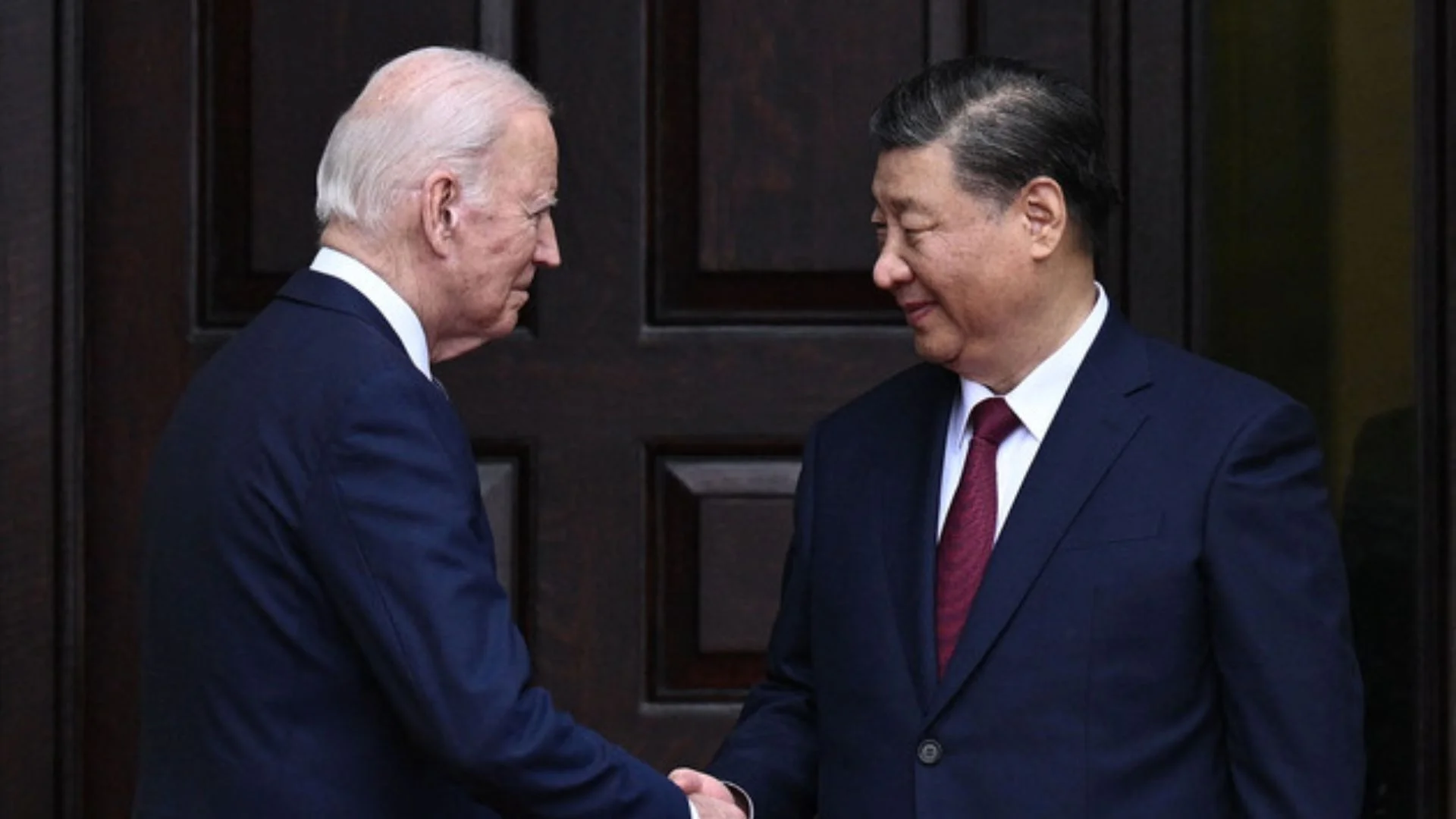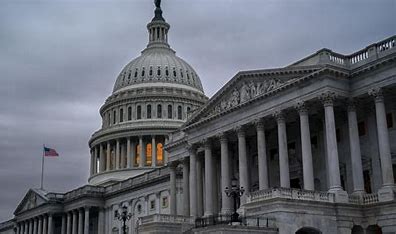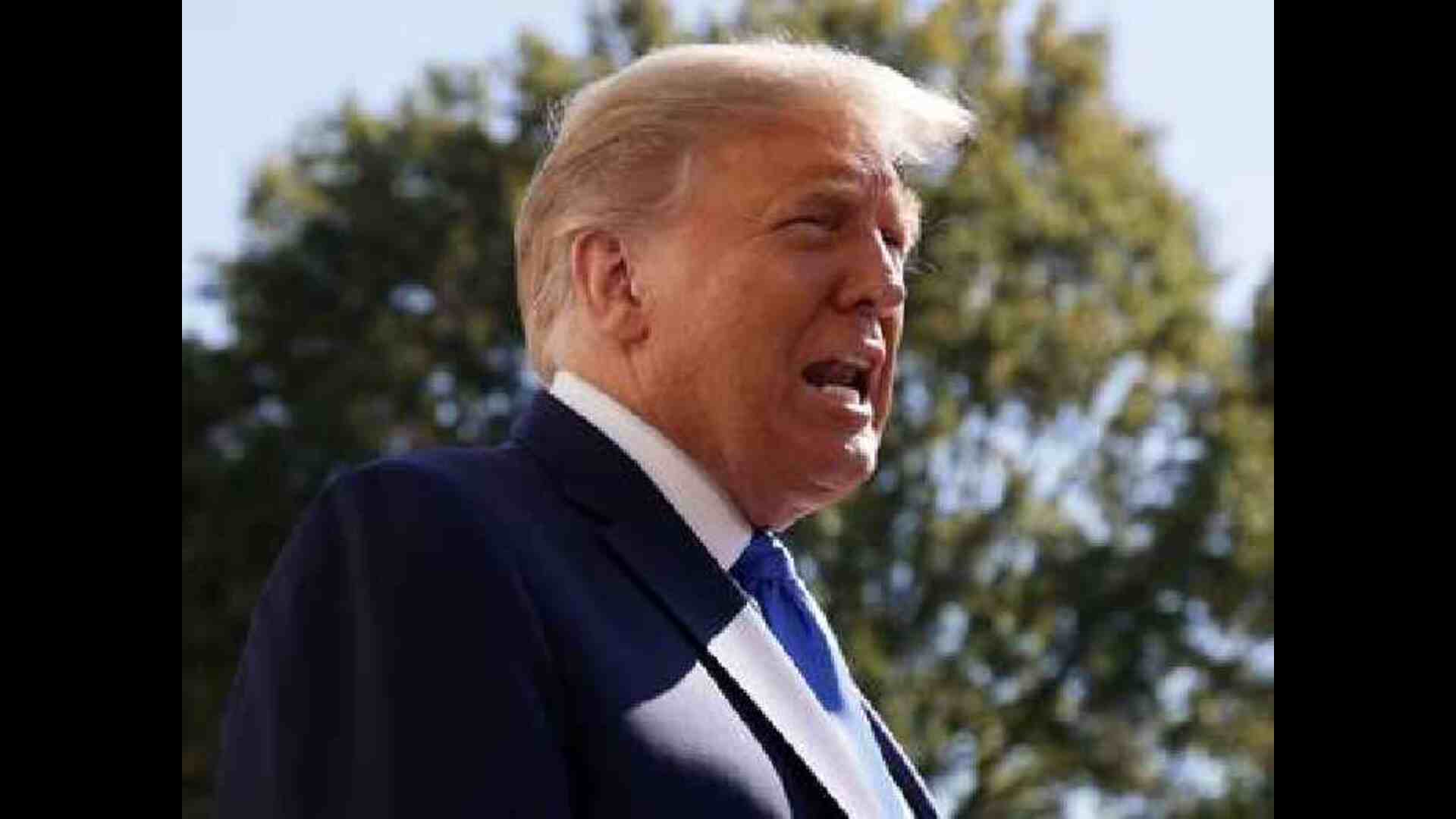Lima, Peru — A Crucial Meeting with Growing Challenges
President Joe Biden met Chinese President Xi Jinping on Saturday for what is expected to be their final face-to-face meeting before Biden leaves office. The leaders gathered at the Asia-Pacific Economic Cooperation (APEC) forum in Lima, Peru, their first talks in seven months, amid a complex web of tensions including cyber crime, trade policies, Taiwan, and Russia.
Cyber Security and Trade Dominate the Agenda
One of the most pressing issues in the bilateral relationship is cyber security. Washington has voiced strong concerns over a recent China-linked hack targeting US government communications, including those of presidential campaign officials. At the same time, Biden’s administration has escalated economic pressure on Beijing with plans to restrict US investments in critical sectors like artificial intelligence, quantum computing, and semiconductors.
The trade conflict is further complicated by Biden’s push to limit Chinese access to key technological resources, as well as ongoing concerns about Chinese support for Russia, particularly in the context of the ongoing conflict in Ukraine.
Taiwan, a Major Flashpoint
The situation in Taiwan remains a critical point of contention. The US continues to be Taiwan’s primary backer, despite the lack of formal diplomatic relations. Beijing’s recent actions and rhetoric towards Taiwan, including increased military pressure, have strained US-China ties. Taiwan President Lai Ching-te’s upcoming visit to the US state of Hawaii and potentially Guam is expected to provoke strong reactions from Beijing, further complicating the dialogue.
Trump’s Presidency Looms Large Over US-China Relations
As Biden meets with Xi, the shadow of Donald Trump’s return to the White House looms large. Trump, who is set to assume office on January 20, has promised aggressive trade policies against China, including imposing blanket 60% tariffs on Chinese goods. This rhetoric, along with the appointment of several hawkish figures like Senator Marco Rubio and Representative Mike Waltz, has raised concerns in Beijing about the future direction of US-China relations.
China Seeks Stability in the Transition Period
China is keen to avoid major disruptions in its relationship with the US during the transition period between Biden and Trump. Experts suggest that while Xi’s visit to Lima may be seen as a diplomatic effort to ease tensions, China is also focused on securing its interests in Latin America, where it seeks access to critical resources like metals and soybeans. However, US officials are wary that China may also be attempting to expand its military and intelligence foothold in the region.
Xi’s Latin America Diplomacy
During his time in Lima, Xi has pursued a vigorous diplomatic agenda, including a free-trade agreement with Peru and the opening of a new deep-water port in the country. His week-long visit to Latin America, which will include a stop in Brazil, is seen as part of China’s broader effort to strengthen its economic and political influence in the region.
As Xi continues his diplomatic outreach, Biden’s own trip to Latin America may struggle to match the attention Xi’s visit is generating. While the US remains committed to the region, China’s growing influence is undeniable.
Looking Ahead
As both leaders continue to navigate their respective foreign policy challenges, the meeting in Peru serves as a reminder of the deepening complexities in US-China relations, from economic rivalry to geopolitical concerns. The outcome of Biden’s final meeting with Xi will likely influence the trajectory of these issues long after the administration transitions in January.









